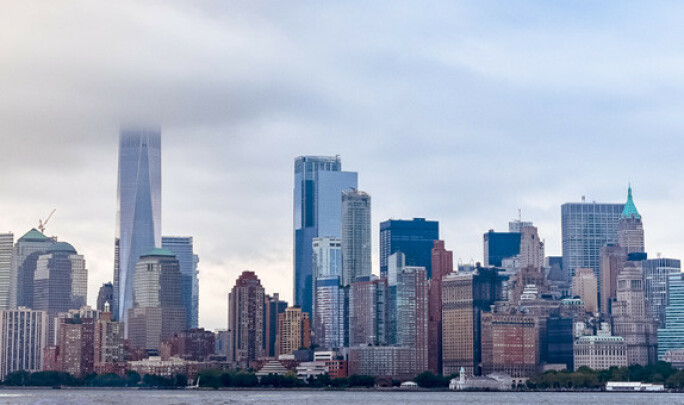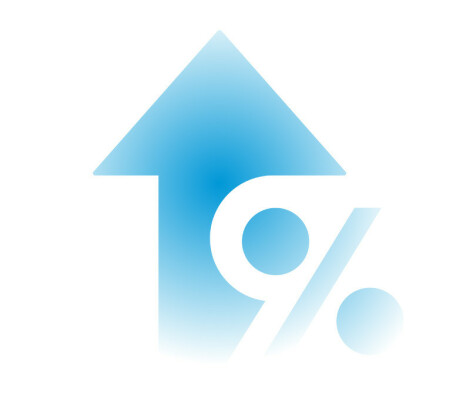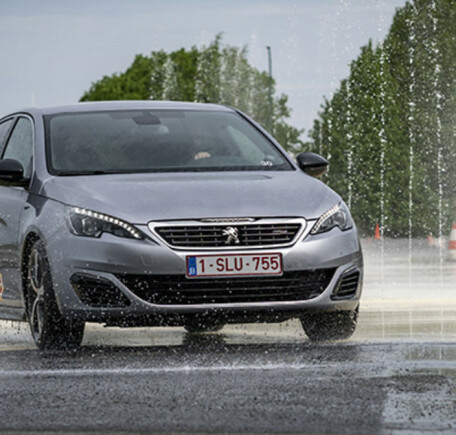
Onze key oplossingen
Wij denken in totaaloplossingen, met een zeer breed aanbod aan verzekeringen, maar ook een hoge graad van specialisatie en technische know-how.
Oplossingen
Meer oplossingen
Laatste nieuws
Alle nieuwsberichten
Werken bij ADD
ADD is een topmakelaar in België. Onze honderd specialisten adviseren heel wat nationale en internationale bedrijven en helpen hen om risicoloos te ondernemen. Ook voor jou is er plaats in ons team - als je tenministe zin hebt om je carrière uit te bouwen in een dynamische en financiële Belgische omgeving.








